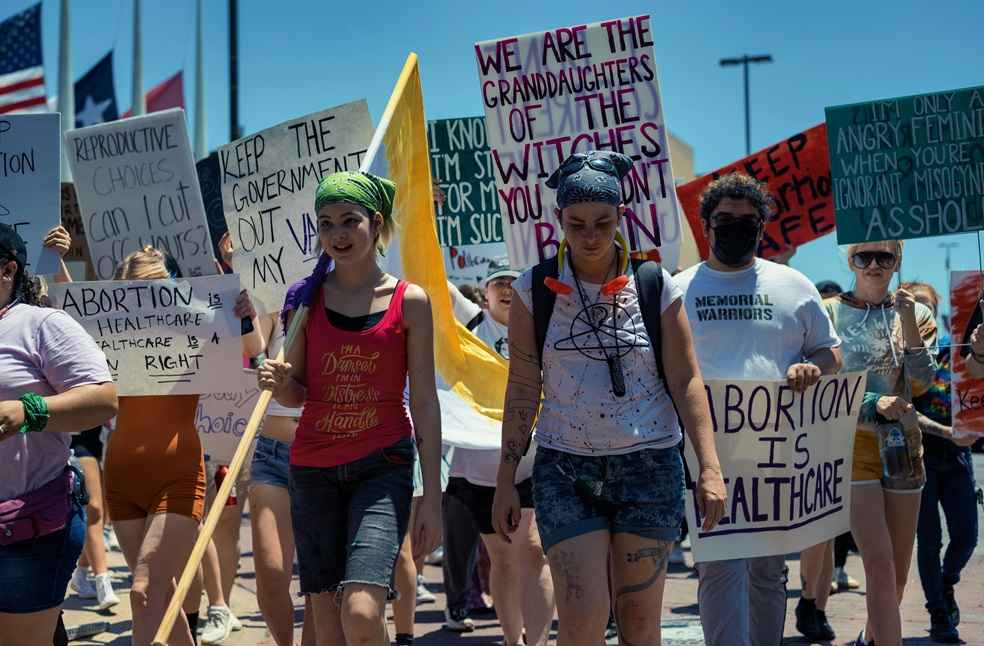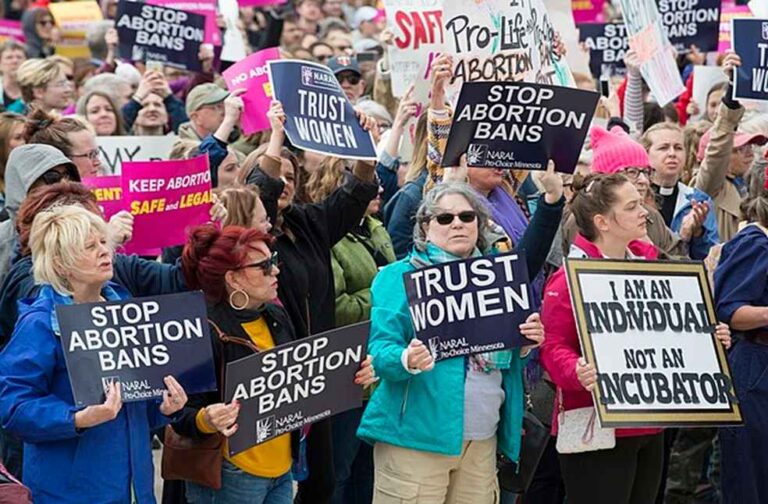Poland: Legislators in Poland are currently discussing changes to the country’s strict abortion laws, which become more stringent over the past eight years under conservative nationalist governments.
Prime Minister Donald Tusk and his Civic Coalition, who won the October elections with a high turnout partly due to women’s rights issues, promised to liberalise access to abortion. Poland currently encloses some of the toughest abortion laws in the European Union, permitting abortion only in cases of rape, incest, or when the life or health of the mother is at risk.

Alliance parties presented multiple bills that legislators are anticipated to discuss. Some seek to make abortion legal without restrictions until 12 weeks of gestation while one bill looks to reinstate the right to abortion in case of foetal irregularities, which would effectively return Poland to the circumstances before 2020 when a constitutional bench decree barred such processes while maintaining most current limitations in place.
It is widely anticipated that President Andrzej Duda, who is a conservative partner of the former right-wing administration, will veto any shifts to the ruling. Last month Duda vetoed a rule that would allow girls and women aged 15 or higher to enable emergency birth control pills without a remedy.

The recent session of the parliament follows years of protests by activist parties and women’s rights activists against the government’s efforts to tighten abortion laws. Women were also been opposing these tough laws by using networks to access abortion pills and strategies.
Last March, the right-wing parliament speaker, Szymon Holownia, determined to delay arguments on abortion laws until after the local elections that were held last weekend. This move induced some frustration among activists and alliance partners in parliament. The Polish authorities are facing mounting pressure concerning their stance on abortion, particularly after several ladies lost their lives due to intricacies linked to abortion.

In Poland, obtaining a legal abortion can be quite challenging due to the uncertainty surrounding the rules and the reluctance of doctors and hospital administrators to perform terminations based on their own religious beliefs, in a country that is predominantly Catholic. Additionally, women who were sexually assaulted must deal with the added stigma of being held to publicise the crime by reporting it to the prosecutor’s office to be suitable for a legal abortion.



